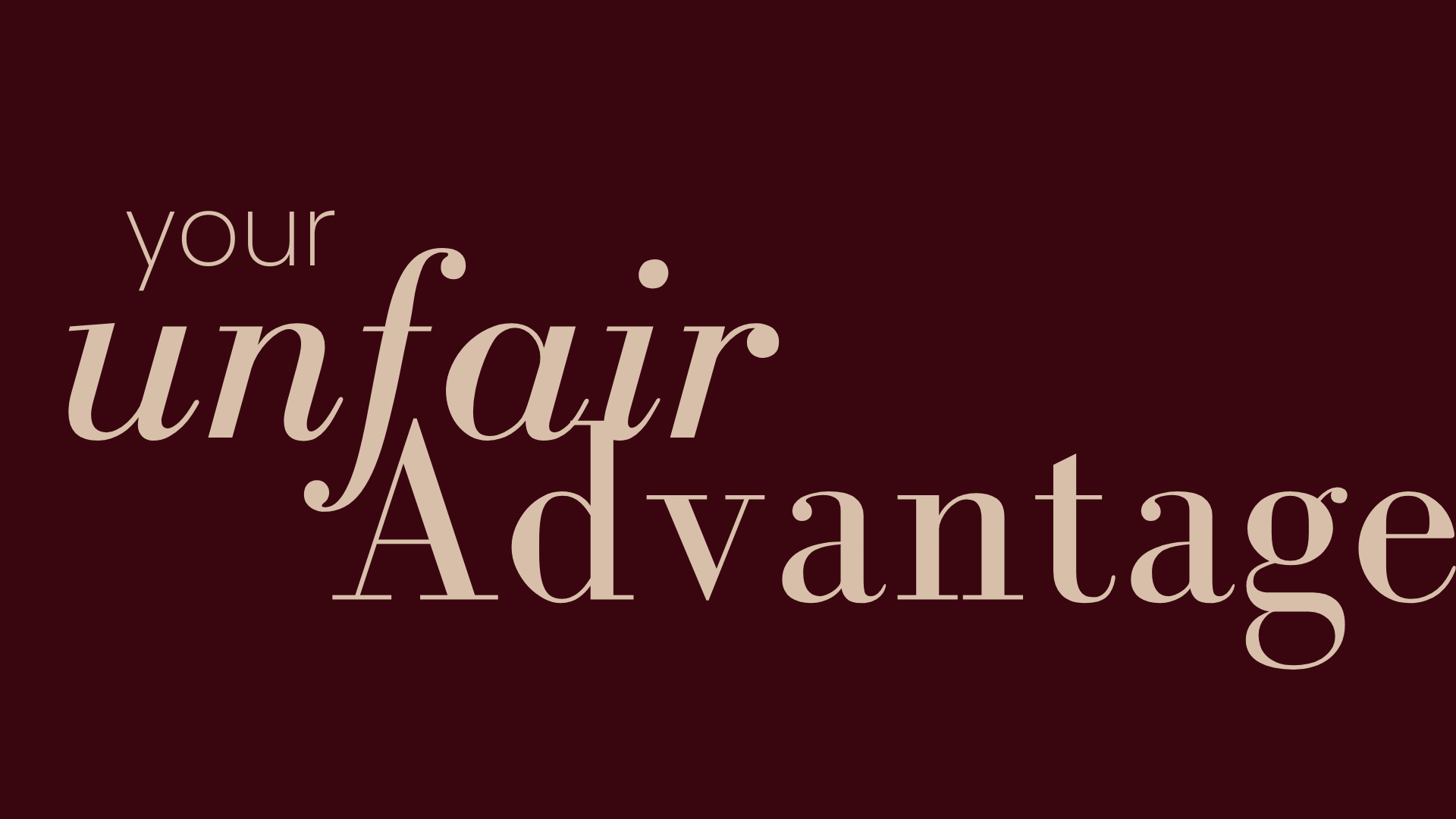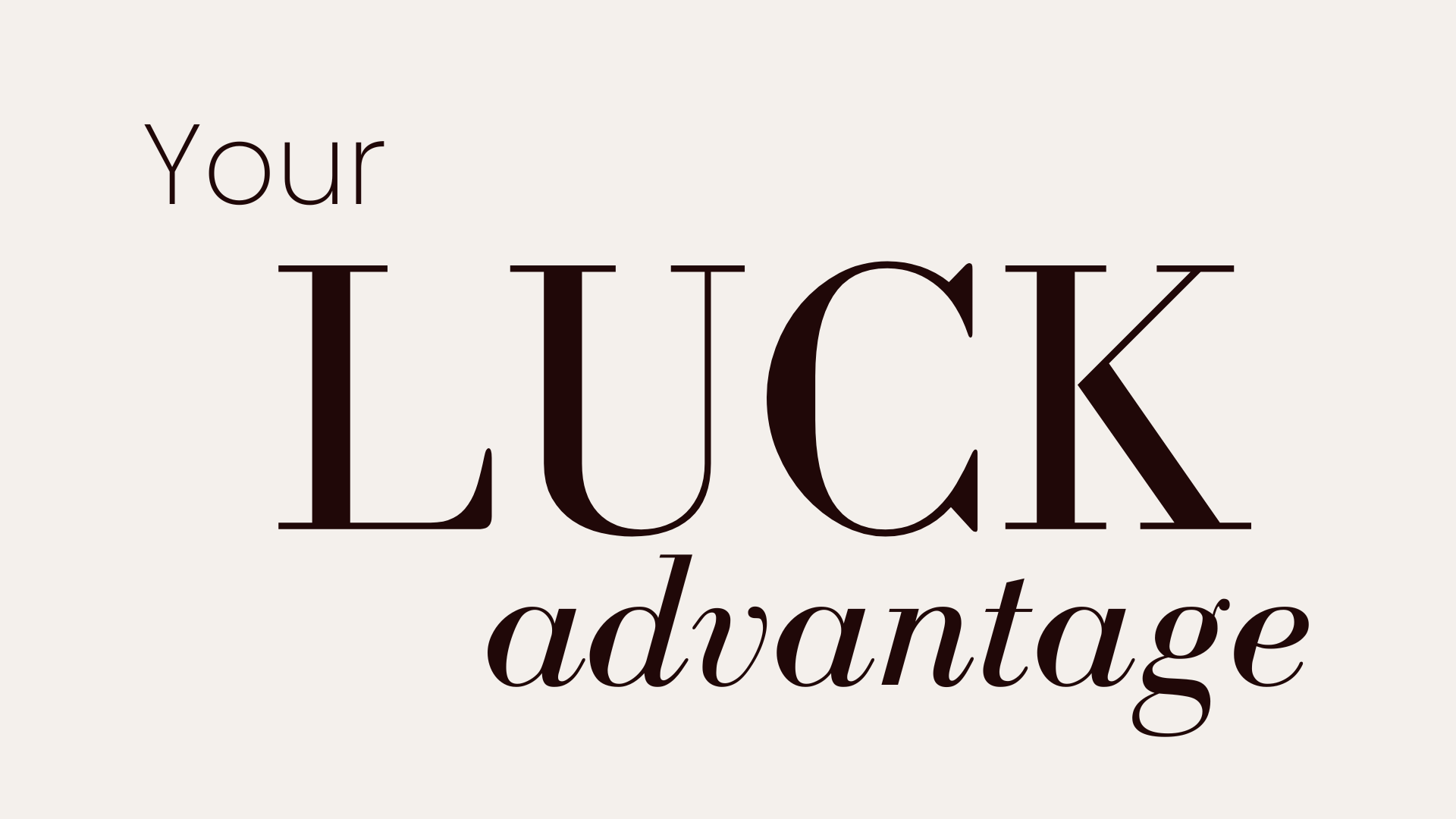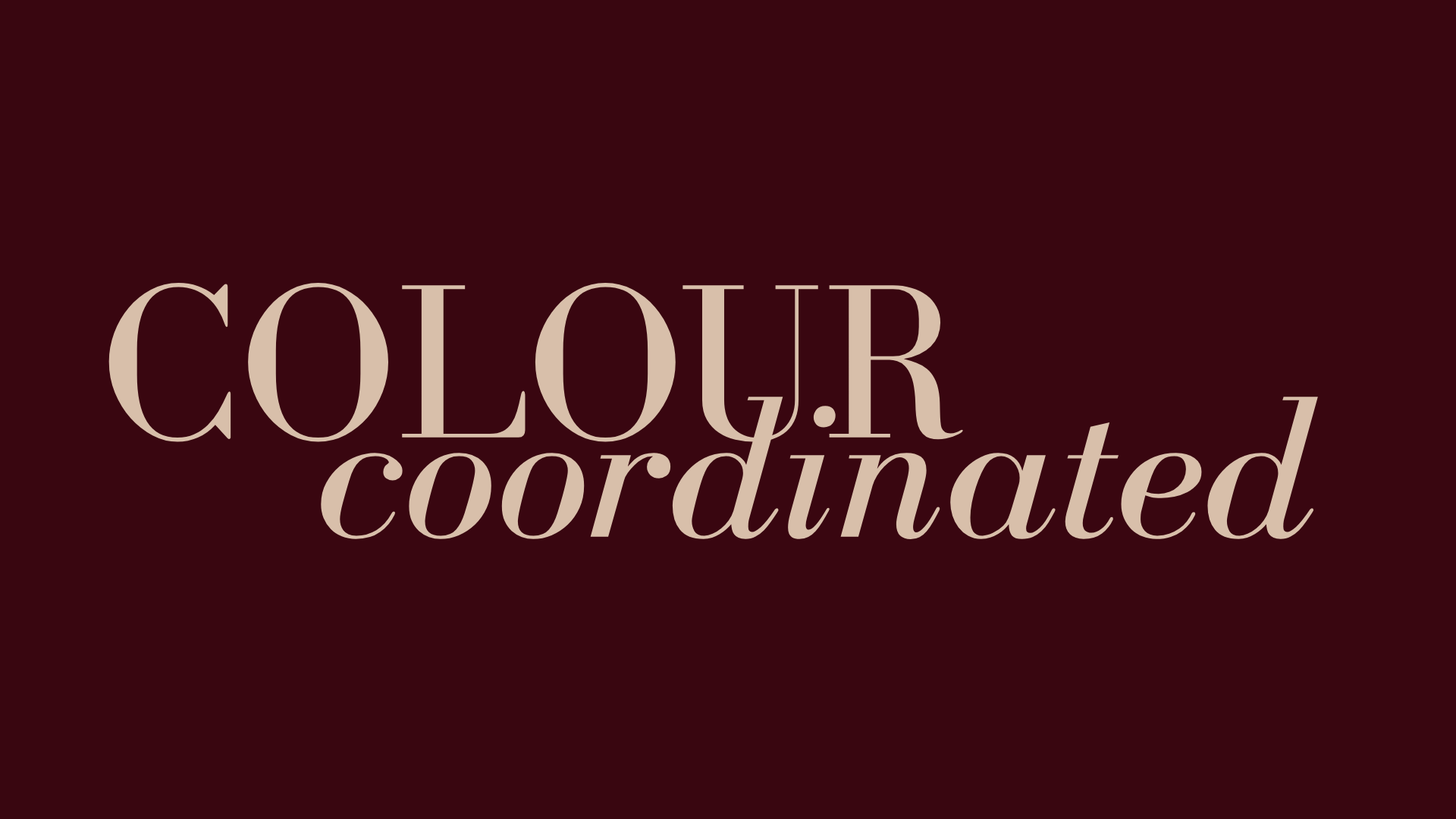Your Unfair Advantage is YOU
You are the secret to your competitive advantage in a noisy marketplace. 8 under-appreciated ways you’re already unique among the competition.
What if you already have the competitive edge you need to succeed in the marketplace? In The Unfair Advantage, Ash Ali and Hasan Kubba propose you already have your competitive edge. The key is understanding and leveraging it.
Your unfair advantage is the secret to your success you may have never realised you had. It uses your conditions, assets or circumstances to help elevate your success.
The Unfair Advantage challenges two popular schools of thought:
Meritocracy: This believes that hard work deserves success.
Fatalism: Says success is all about luck, timing, natural talent and fate.
The Unfair Advantage proposes the secret lies in the middle. Embracing both luck and hard work.
The authors present their ‘MILES’ framework. This proposes that your unfair advantage can be made up by any of the following dimensions:
Money
Intelligence and Insight
Location and Luck
Education and Expertise
Status
In this blog, I’ll expand on unique conversations in The Unfair Advantage, plus share more ways you are already your unfair advantage.
Tip #1: Use Your Interdisciplinary Thinking
When discussing creativity The Unfair Advantage authors say:
“Creativity is largely about training your mind to connect things you learn in one domain to situations that seem completely unrelated. This is known as intersectional or interdisciplinary thinking.”
Your knowledge is formed not just in the narrow lens of your field. But, in your unique combination of interests. Learn to master the art of niching down, while also building your interdisciplinary knowledge.
Tip #2: Leverage your Location
You may have lucked out on your location. Perhaps, you were born in the right place at the right time for your business idea or personal brand to thrive where you are. How much time have you spent thinking about the unfair advantage of your current location? Or, perhaps there’s a big idea that’s taken off overseas or interstate, that you can lead in your local marketplace.
It might just be a unique accent helps you stand out in your marketplace. Instead of being self-conscious about it, embrace it as what makes you memorable.
When I first started making YouTube videos, I wasn’t watching anyone in my field who sounded (Australian) like me. I felt at a disadvantage to the American and British accents I was so used to watching - until I realised it made me unique.
Tip #3: Embrace your Leisure Time Hobbies
Research shows having hobbies is a defining trait among entrepreneurs and inventors. Those who started businesses were more likely to have hobbies that involved drawing, painting, architecture, sculpture and literature.
Your potential audience, partners or customers might connect with your hobbies. Maybe, they also play the piano, practise yoga or are an avid reader.
Tip #4: Lean into your Quirks
Don’t underestimate the power of your quirks. As marketers love to say:
“People buy emotionally first and then rationalise with logic.”
Our primitive brain feels connected to certain people before we can consciously understand why.
You never know what seemingly insignificant things others might connect with your personal brand. If you know me well, you know I’m a head-over-heels tea lover. I’ve had people set up meetings for me with other contacts, saying things like “They’re a tea drinker as well!”
Tip #5: Value your Name
Do you find yourself self-conscious about your name? Or, wish it was more common so people would remember it? Your uncommon name might just be what helps you stand out.
When you dream up your brand or business name, you don’t often try to think of the most common name possible. You usually try to make it unique. Though, like in the best branding, the key is brand clarity and recall. Find ways to train people to say (and respect) your name properly. Introduce yourself where appropriate so others hear it correctly. Spell it out phonetically wherever relevant. Repeat it clearly when asked about its pronunciation. Don’t brush it off or feel bad about attempting to have it understood.
If you don’t respect your name - the written and verbal foundation of your personal brand - why should any else?
Tip #6: Embrace your Look and Feel
Your look and feel can help attract your people. Your choice of fonts, colours and even your personal style say something about you. They will speak to certain people. Fonts, for example, are designed to embody certain emotions. And as humans, we’ve been evolutionarily hard-wired to understand that colours have meaning too. Your style is already speaking for you. It’s attracting your people to you.
Even your physical attributes, like a hairstyle for example, might be what people recognise you for.
Even your ethnicity could make you unique for where you are. I, for example, am of Indian heritage. I was born in Malaysia, but have lived in Australia since I was a one-year-old. While I don’t label myself in any certain box, I value my heritage and appreciate it’s something others are often curious about. Some might appreciate connecting with someone who looks like them or understands their culture.
Tip #7: Use your Tone of Voice
Your tone of voice is how your personal brand’s personality comes to life. Others might connect with your sense of humour or your sense of composure. They could appreciate your formal style or love your casual approach. Your tone of voice will naturally be underpinned by your personal brand values and your personal brand’s key messages. These unite you with your audience and help you find your niche.
Tip #8: Share your Background
Returning to the ‘Education’ of the MILES framework, people might connect with where you went to school, university or college - or that you didn’t follow a traditional education pathway.
They could also connect with the industries you’ve experienced.
A narrow view of the world can lead to linear solutions. Learn to appreciate the value of broad knowledge and experience in your work. The secret to your success could be lying just outside of your niche focus.





